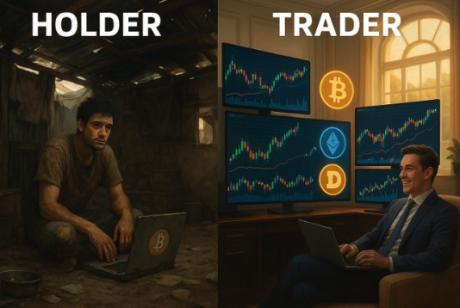Global Cryptocurrency Market: Legal Race Between Major Economies
Assessment of the United Kingdom's Dependent Position in Digital Asset Regulation
In the context of cryptocurrency competition, the United Kingdom is losing its initial strategic advantage. European countries have aggressively promoted synchronized regulation by implementing the Legal Corridor Agreement on Cryptocurrency (MiCA). Meanwhile, US policy has also advanced through the Genius Act, opening possibilities for stricter control over funds and exchanges. This creates significant pressure on the UK's cryptocurrency market, requiring legislators to quickly adjust to maintain competitive positioning.
### Impact of New Regulations on Global Cryptocurrency Market
#### EU and Synchronized Control Strategy
EU cryptocurrency regulations focus on enhancing transparency, risk management, and consumer protection through the MiCA Law. This decision aims to standardize Token Issuance processes and exchange operations, building trust for institutional and individual investors. The cryptocurrency market in Europe is expected to develop systematically, minimizing risks related to lack of strict standards.
#### United States and New Direction with Genius Act
The Genius Act brings significant progress in cryptocurrency regulation in the United States. The law defines Capital raising processes through ICO, considering Token as securities or digital assets with restricted characteristics. This enables managers to control cross-border Capital flows and minimize money laundering and fraud activities. Additionally, the Genius Act promotes projects developing within clear legal frameworks, creating momentum for a market that values transparency and sustainability.
### Impact on Cryptocurrency Investors and Businesses
The simultaneous aggressive approach by the EU and US in establishing advanced standards will lead to increased trust from global institutional and individual investors. New legal corridors will not only reduce legal risks but also open long-term investment opportunities in the cryptocurrency field. Meanwhile, international businesses must quickly adjust strategies, invest in appropriate legal ecosystems to maintain competitiveness and sustainable development in the modern digital space.
—
In conclusion, the global cryptocurrency market now witnesses an intense regulatory race from policy centers in Europe and the United States. This competition not only affects the United Kingdom's position but also reshapes the future of global digital assets. Investors and businesses need to pay attention to updating new laws to maximize opportunities while minimizing legal and financial risks.








